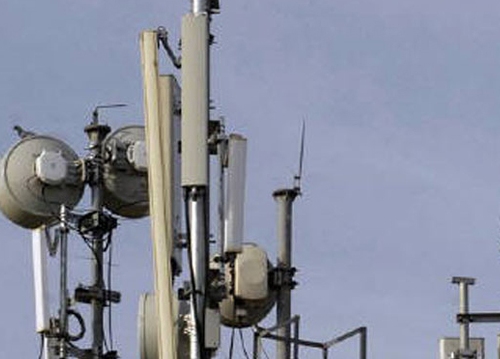  Selective participation by the new entrants would lead to highly awaited consolidation in some of the circles reducing the price war that eroded the profitability of the telecom industry, according to Care Research.
The report says that the auctions turned out to be a non-event for incumbent operators like Bharti that applied for one block that too in Assam circle and other players like Rcom, Tata Teleservices, Aircel, BSNL, MTNL stayed away from the auctions. The only incumbent player that participated aggressively was Vodafone, which acquired spectrum in 14 circles.
“This auction ascertained that the operators are not willing to buy the spectrum at any price unlike the previous 3G and BWA auctions, which might force the government to rethink while pricing the future auctions in 900 MHz while refarming and also during other auctions”, the study says.
Limited participation and modest spends by the operators are good for the industry which is yet to recover from the debt burdens of 3G and BWA auction outgo. Except one circle, there was no over-bidding over and above the reserve price.
Failed bids in the Delhi, Mumbai, Karnataka and Rajasthan circles will lead to no price discovery for the spectrum in those circles which will be a hurdle for the refarming and one-time fees. Government will have to re-think on reducing the reserve price in these circles if it wants to attract bids in these circles in the next round of auctions.
Government failed to achieve its fiscal target of Rs. 400 billion of cash inflow from the spectrum auctions. Considering the staggered payment with only 1/3rd payment expected in the 1st year and outgo related to refund of fees from 2008 allocation of licenses, government is expected to garner insignificant amount in the first year.
The Supreme Court has asked for clarification on why the government did not auction the available spectrum pertaining to cancelled licenses. Also, there are few other pending litigations like the curative petition filed by Sistema.
Following are the key highlights of the auctions:
There was no bidder for spectrum in the CDMA space.
In the GSM space, out of the proposed 390 MHz of spectrum sale, only 35% was sold in the auction process. Key circles like Delhi, Mumbai, Karnataka and Rajasthan witnessed no takers.
Out of the 11-12 players in each circle, only 5 turned up for the auctions. There was no pan-India bidder.
Out of the 18 circles that witnessed the bids, winning price did not exceed the reserve price in 17 circles. Winning price exceeded by 9% in the Bihar circle.
Government could mop-up only Rs. 94 billion out of the total target of Rs. 400 billion. Even the Rs. 94 billion of payment will be paid in a staggered manner.
Government is planning to re-auction the remaining unsold spectrum before the end of FY 2013.
The Supreme Court of India has asked the government to clarify why the entire spectrum cancelled during Feb. 2012 was not put for auction. |